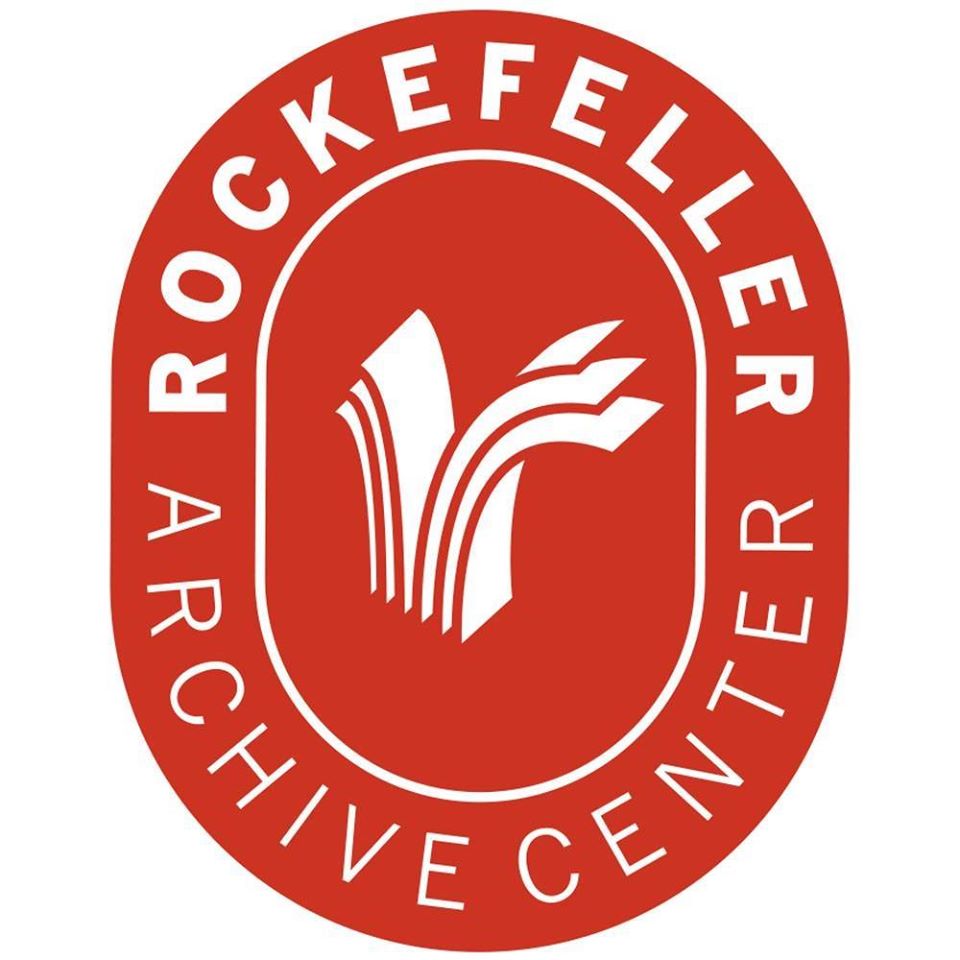Nelson A. Rockefeller personal papers, Projects, Series L, 1932-1971 104.5 Cubic Feet
This general correspondence file offers extensive documentation on Nelson Rockefeller's business, civic, governmental, philanthropic, cultural, and social activities. Major files cover Dartmouth College's Committee on Economic Development, the Council for Inter-American Cooperation, the Council on Foreign Relations, the Institute for International Social Research, the Metropolitan Museum of Art, the Museum of Modern Art (MoMA), the Museum of Primitive Art (MoPA) founded by Rockefeller, the Whitney Museum of American Art, the Pan-American Union (Organization of the American States), Rockefeller Center, the United Jewish Appeal, the United Nations, the U.S. government, the Victory Clothing Drive for Overseas Relief, and the Westchester County Board of Health.

